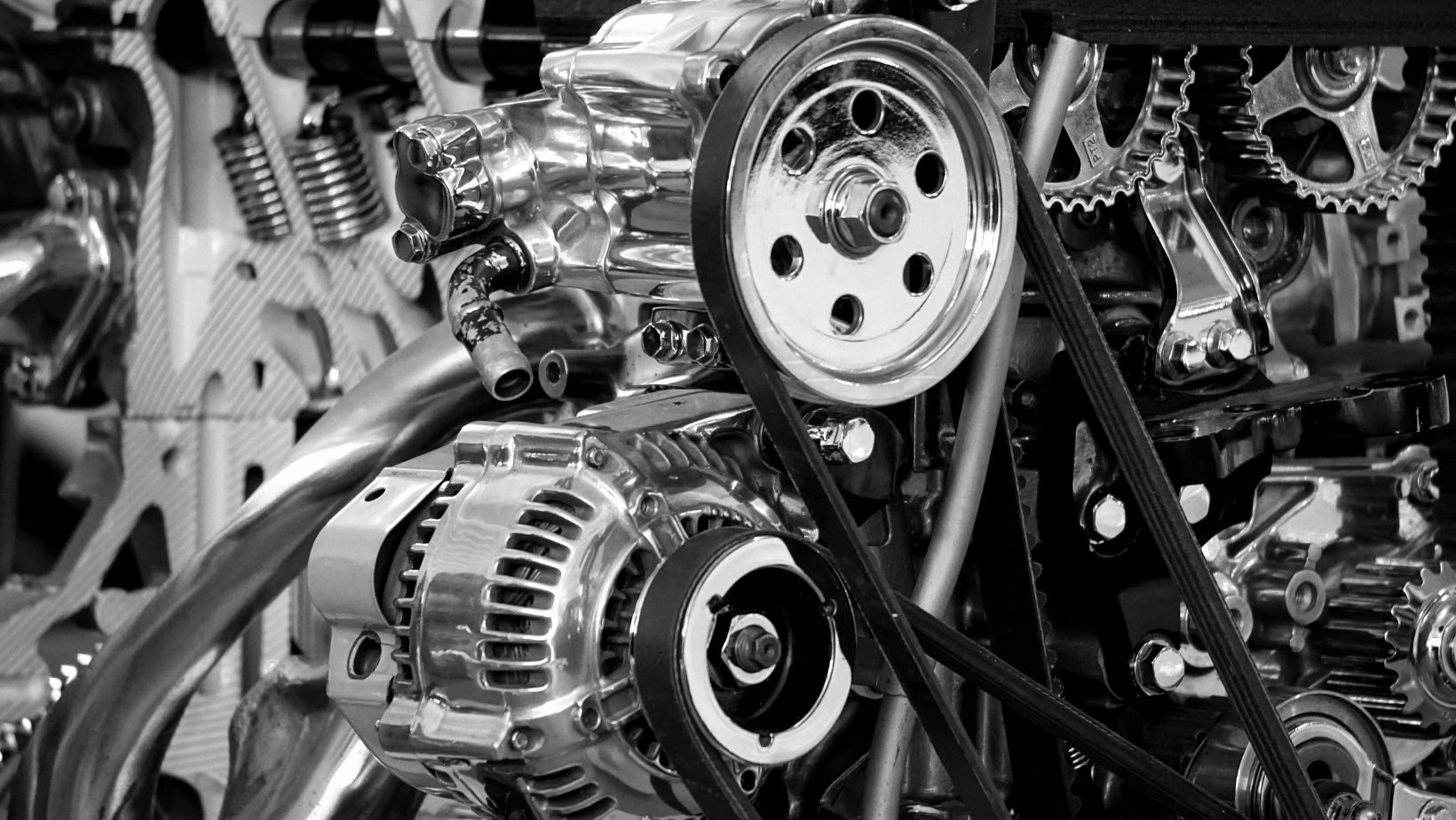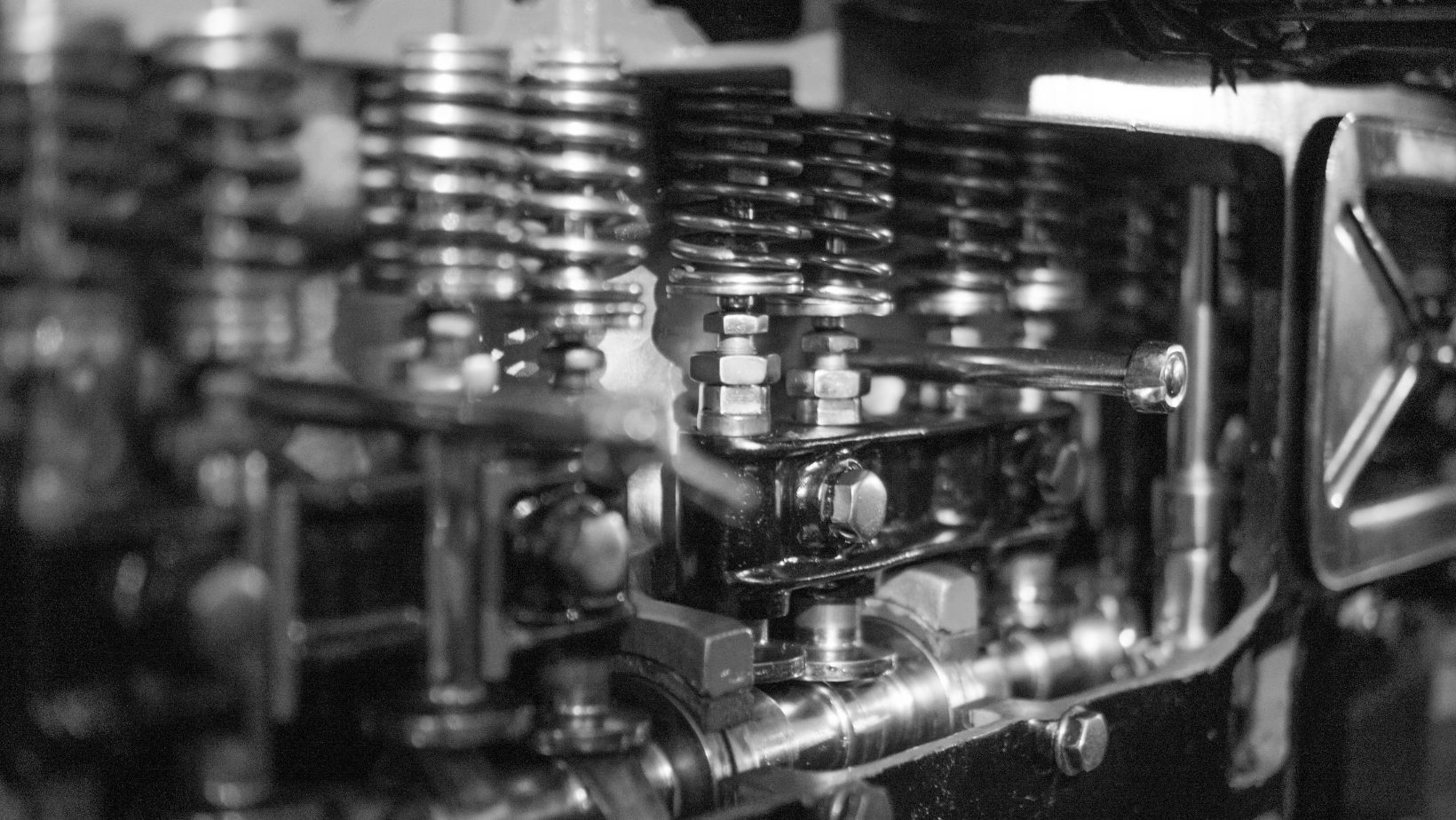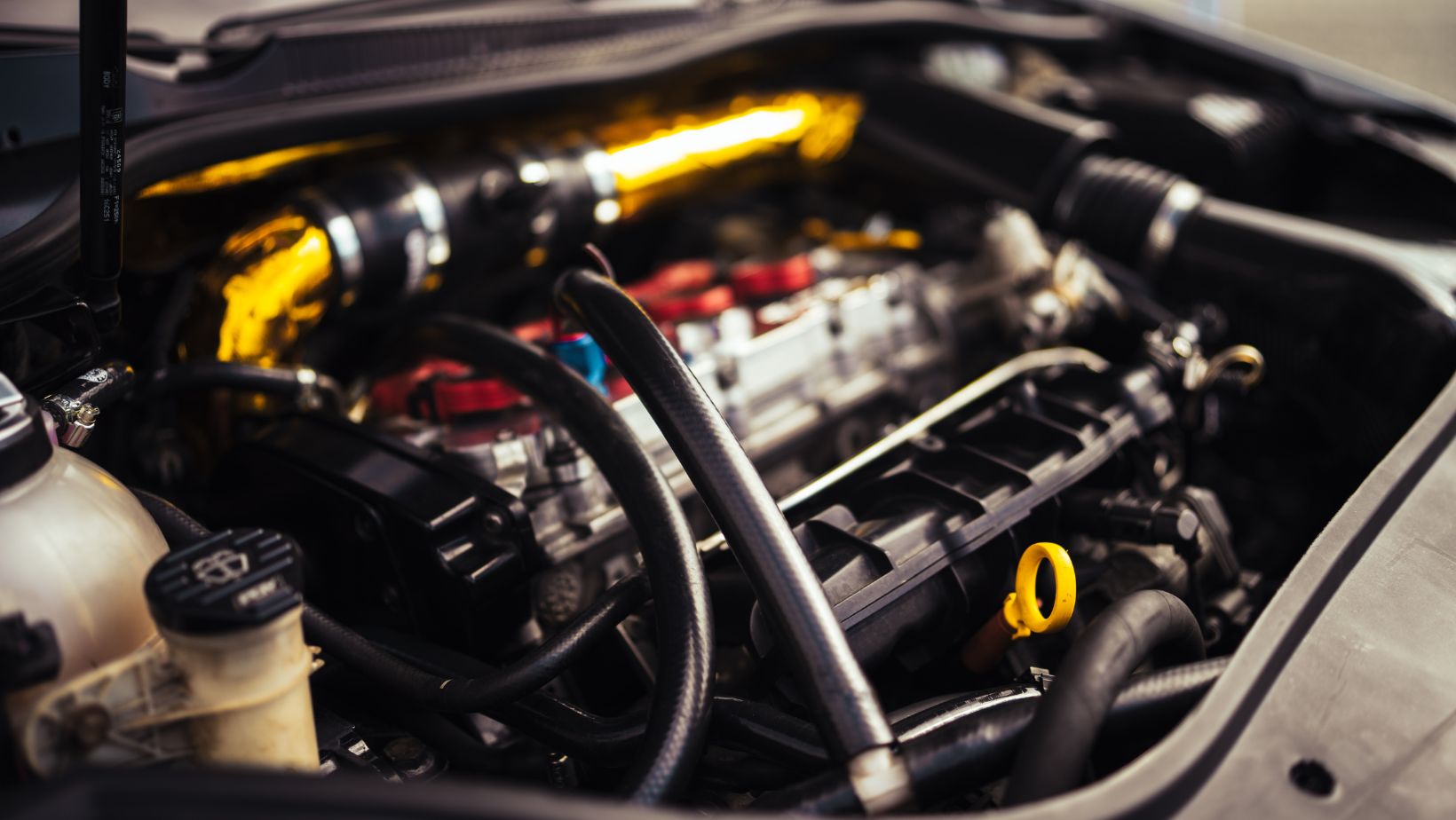
High-performance engines are feats of precision, combining advanced engineering and cutting-edge materials to deliver significantly more power, efficiency, and reliability compared to standard setups. They are not just about speed; they represent an intricate balance of design and functionality, enabling vehicles to handle greater stress while optimizing every ounce of energy produced.
Whether you’re planning to upgrade your car for racing, towing, or simply better performance on the road, understanding the mechanics and purposes behind these components is crucial.
This guide breaks down the essentials of high-performance engine components and parts, giving you the insights needed to enhance your vehicle and achieve your specific goals.
What Are Engine Components?
Engine components are the parts that enable an engine to function effectively, working together in harmony to transform fuel into motion. These include core mechanical systems like pistons, crankshafts, and camshafts, which directly drive the engine’s motion, as well as supporting systems such as fuel injection, cooling, and ignition systems.
Each part plays a vital role in maintaining the balance of power and efficiency, ensuring that the engine operates smoothly under varying conditions.

High-performance parts, such as forged pistons, precision-ground crankshafts, and high-flow intake manifolds, are built to withstand extreme stresses while optimizing energy conversion. Whether designed for racing, heavy towing, or everyday performance, these upgrades bring out the engine’s full potential, making it faster, more efficient, and more reliable.
Essential Car Engine Components
Every engine consists of several core components working in harmony. Below are key parts that play critical roles in performance and how they can be optimized:
The Cylinder Block
The cylinder block serves as the foundation for the engine. It houses cylinders, which are where combustion occurs, along with other essential engine component parts like the crankshaft and pistons. High-performance cylinder blocks are often made of aluminum or reinforced alloys to handle higher pressures and temperatures.
Pistons
Pistons compress the air-fuel mixture within the cylinder, which is ignited to create power. In high-performance applications, forged pistons are favored for their ability to withstand extreme forces without deforming.
Crankshaft
The crankshaft translates the vertical motion of pistons into rotational energy, driving the wheels. Balanced crankshafts minimize vibration and allow smoother operation at high speeds.
Supporting Engine Components and Parts
The following systems support the core engine parts to optimize performance:
Intake and Exhaust Systems
High-performance intake systems ensure a steady flow of air into the engine, while exhaust systems remove gases efficiently. Together, these upgrades boost engine efficiency and increase power output.
Fuel System
A robust fuel system ensures the engine receives the right amount of fuel at all times. High-performance fuel injectors and pumps are designed to maintain optimal delivery, even under extreme conditions.
Ignition System
Reliable ignition systems play a crucial role in combustion. Upgraded spark plugs and ignition coils provide consistent performance, especially for engines with increased power output.
Why Upgrade Your Engine Components?
Investing in high-performance engine components and parts offers several advantages:
- Increased Power: Upgrades like high-flow intake manifolds and performance camshafts enhance the engine’s ability to generate more horsepower.
- Better Reliability: Durable materials and designs extend the life of engine components, even under heavy use.
- Improved Efficiency: Optimized parts help engines make the most of fuel, often resulting in better mileage alongside enhanced performance.
Choosing the Right Engine Components
When upgrading car engine components, consider the following:
- Compatibility: Ensure the parts fit your engine and align with your goals, whether for speed, reliability, or balance.
- Material Quality: Look for materials like forged steel or aluminum for durability and efficiency.
- Professional Advice: Consult mechanics or experts who can guide you through the upgrade process and avoid potential pitfalls.
Maintenance for High-Performance Engines
Proper maintenance ensures your upgraded engine components continue delivering peak performance and prolongs their lifespan. Regular inspections for wear and tear are essential, as high-performance engines operate under greater stress than standard setups.
Keeping up with scheduled oil changes and using high-quality fluids, such as premium engine oil and coolant, can prevent overheating and reduce friction. It’s also important to check seals, gaskets, and filters, which can degrade more quickly in performance applications.

Final Thoughts
High-performance engine components and parts can dramatically transform a vehicle, enhancing its speed, efficiency, and overall reliability. These upgrades not only provide noticeable improvements in horsepower and torque but also improve the vehicle’s responsiveness, fuel economy, and durability under demanding conditions.
Whether you’re a racing enthusiast, a daily commuter seeking better efficiency, or someone looking for reliable performance under heavy towing or hauling, high-performance components deliver tailored benefits.
Understanding the key parts—such as cylinder blocks, pistons, camshafts, intake and exhaust systems, and supporting systems like fuel injection and cooling—gives you the knowledge to make informed choices.
Each component plays a role in the bigger picture, from optimizing airflow and combustion to ensuring proper heat dissipation and structural integrity. Upgrading strategically, whether by selecting lightweight forged pistons or high-flow intake manifolds, enables you to fine-tune your engine for your specific needs.
Maintaining these components is equally critical. Regular care ensures that your investment pays off, keeping your engine running smoothly and delivering consistent performance over time.






